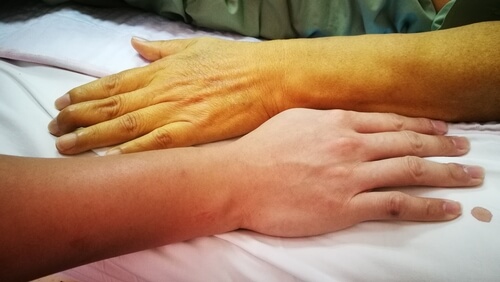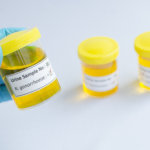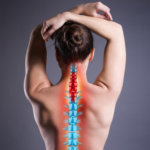
Gilbert’s Syndrome otherwise known as constitutional hepatic dysfunction and familial nonhemolytic jaundice, which is a mild inherited gene mutation in your liver. In this condition, the liver cannot fully process a compound called bilirubin. Bilirubin is a yellowish substance in your blood. It forms after red blood cells break down, and it travels through your liver, gallbladder, and digestive tract before being excreted into your urine and feces. As per study, Gilbert’s Syndrome affects three to seven percent of people in the United States. And Gilbert’s Syndrome is more common in men than women.
If you have Gilbert syndrome, bilirubin builds up in your bloodstream, which will then lead up to a condition called hyperbilirubinemia. This hyperbilirubinemia condition will manifest in the result of a blood test. It simply means you have high levels of bilirubin in your body. In many cases, high bilirubin is a sign that there is something wrong going on with your liver function. However, in Gilbert’s syndrome, your liver is typically otherwise normal. This Gilbert’s syndrome is not a harmful condition and does not need to be treated, though it may cause some minor problems.
Some people with Gilbert’s syndrome also find that drinking alcohol makes their symptoms worse. For some people, even one or two drinks can make them feel sick shortly after drinking. Some may also have what feels like a hangover for several days. Alcohol can temporarily raise bilirubin levels in people with Gilbert’s syndrome.
WHAT ARE THE SYMPTOMS OF HAVING GILBERT’S SYNDROME?
Gilbert’s syndrome does not always cause noticeable symptoms. In fact, 30 percent of people with Gilbert’s syndrome may never have any symptoms. Some people with Gilbert’s syndrome never even know they have it. You might not know you have Gilbert’s syndrome until it is discovered by accident, such as when a blood test shows elevated bilirubin levels. Often, it is not diagnosed until early adulthood. Generally speaking, Gilbert’s syndrome requires no treatment.
COMMON SYMPTOMS OF GILBERT’S SYNDROME
1. JAUNDICE
This is the most common symptom of Gilbert’s syndrome. Jaundice is the condition wherein you can observe occasional yellowing of the skin and the white parts of your eyes. The cause of the discoloration of the skin and white parts of the eye is due to the increased bilirubin level in the blood. The discoloration of the skin and whites of the eyes will vary depending on the levels of bilirubin. Bilirubin is the waste material found in the blood. Moderate levels of bilirubin may lead to yellow color, while very high levels will appear brown.
However, jaundice can happen to people of all ages and is normally the result of underlying conditions. About 60 percent of all infants born in the United States have jaundice. Jaundice normally indicates a problem with the liver or bile duct. An inflamed liver or obstructed bile ducts can lead to jaundice as well. Aside from yellow tinge to the skin and whites of the eyes, dark-colored urine and itchiness may also show.
To rule out more-common liver conditions, your doctor may order a complete blood count and liver function tests. The combination of normal blood and liver function tests and elevated bilirubin levels is an indicator of Gilbert’s syndrome. No other testing usually is needed, although genetic testing can confirm the diagnosis.
Gilbert’s syndrome doesn’t require treatment. The bilirubin levels in your blood may fluctuate over time, and you may occasionally have jaundice, which usually resolves on its on with no ill effect.


